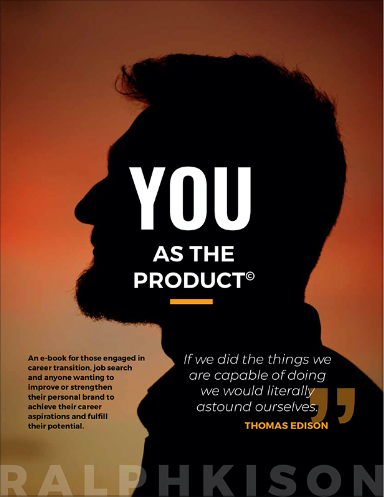Stop closing the sale! Closing the sale went out with the fax machine. While I’m at it, there are no “20 Secrets to Closing the Sale”. If you encounter someone who wants to share their sure-fire techniques to get customers to say yes every time – run! Today’s informed, intelligent and sophisticated customer, people just like you, don’t want to be manipulated into buying something they don’t want or need. The path to successful, sustainable and profitable selling is by securing your customer’s commitment. This is achieved by demonstrating how your products, services, people, technology, business approach and solutions meet, and exceed, their requirements or expectations. Commitment indicates your customer sees value in the solutions you offer and trusts you because of your demonstrated understanding of their situation.
If you follow and apply the Kison Sales process, you already know that proper engagement, qualifying, discovering, presenting high value solutions and achieving alignment lead to commitment. If you apply this process, and execute it professionally, the customer actually “closes” themselves. In other words, they make a fully informed buying decision. This also results in higher satisfaction levels for your products and services and a higher level of engagement with you and your company.
How to gain commitment?
Commitment to buy is not a surprise ending to the process for the customer – it’s the reason they are talking to you. Without a basic interest in your products or services and a desire or need on their part to find a solution, you wouldn’t even be talking to them. Therefor don’t make it a stressful or confrontational situation.
Gaining commitment in some situations can be as simple as summarizing how your solution addresses and fulfills their needs, wants, desires and aspirations and then prompting them with a question requiring a response to address the question – “Are we going to do business together?”
Remember, in this professional/consultative selling approach, your role is to lead the customer to a buying decision through open two-way dialogue. You function as an advisor and consultant. The customer actually “closes” the sale themselves.
Sample Commitment Questions:
- “Based on what we’ve discussed, which approach suits you best?”
- “Is there anything else to address before we proceed?”
- “How would you like to proceed?”
- “What would you like us to do next?”
- “Where do we go from here?”
You may have been taught that questions and inquiry are the only way to secure commitment. There is an even more powerful and effective way. If you truly know that what you are proposing addresses the customer’s requirement then try leading to commitment with a statement. Commitment statements demonstrate your confidence in what you are offering and position you as a leader that your customers will want to follow. A caveat is required at this point. Do this only if you are 100% convinced that what you are offering, or can provide, is absolutely in the best interest of the customer. It’s not about you! Your support of the customer’s decision is often all that is required to tip the scales in your direction.
Sample Commitment Statements:
- “I am convinced that the best two options for you are product/service “A” or “D”. Both will meet and exceed your expectations. All you have to do is decide which one you prefer.”
- “I believe that the best solution is the three phase implementation strategy. In summary, phase one involves… phase two is where we … and phase three completes the process by…”
- “I will prepare the contract for you to sign.”
- “I recommend we proceed immediately!”
If the customer responds positively to your recommendations you can proceed. That’s it. You have made the sale. I have seen sales people choke at this stage. They actually seem surprised that the customer is agreeing. They believe that they need to say or do more to convince the customer to buy. Unless you are uncomfortable with success and don’t really want the business, don’t use this technique. It is powerful and effective. Moreover it establishes you as someone that is trustworthy and can be followed.
Sometimes customers get to the finish line before you do. What if they say “We want to deal with you/your company” or “How do we get this going?” Stop selling, say thank-you and take the business. Put even more simply – stop talking! All that is left to do is confirm the details of the contract, get a signature, obtain a purchase order or project number, arrange a start date, etc. Don’t make it more complicated. Simplicity is a beautiful thing when it comes to selling.
To ensure the good feelings continue and that the customer actually gets what they have bought, finalize next steps. You have probably heard the expression “don’t sweat the small stuff”. I disagree. Doing the small things well, such as sending a follow-up letter or an email outlining the next steps, timeframes, start dates, payment terms, etc., ensures that things proceed as agreed. In addition, this is the ideal time to confirm how the relationship will continue with regards to service expectations: frequency of contact, schedule, and other service and product delivery considerations.
Doing these things also ensures the customer’s expectations are met. It is important to start strong with your customer. That will reinforce and confirm that everything you said and promised in the process leading up to securing their business is realized.
Professional sales people do the things I have outlined in this blog. They are the ones that always seem to have more business than their peers. They get new business through referrals from satisfied customers because of their reputation.
There are three types of sales people in the world.
- Those that make things happen
- Those that watch others make things happen
- Those that wonder “What just happened?”
Which one are you?
“Unless commitment is made, there are only promises and hopes, but no plans.”
– Peter F. Drucker


Recent Comments